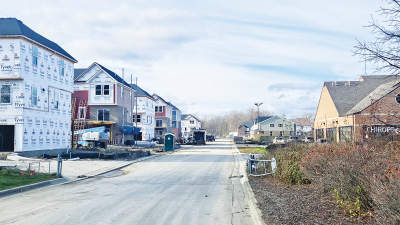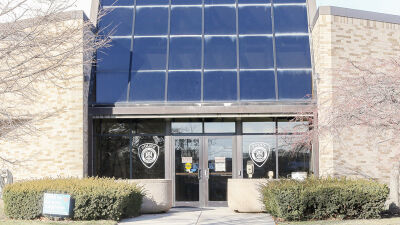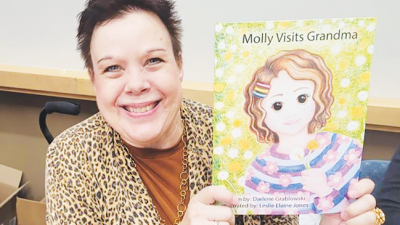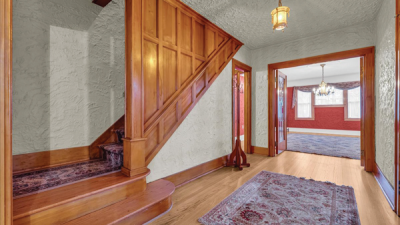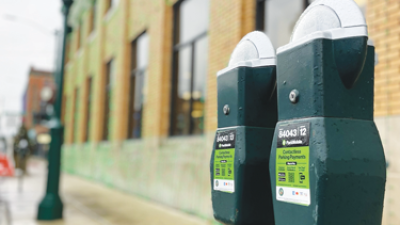MADISON HEIGHTS — During the lean years of the Great Recession, Madison Heights honed its ability to stretch available dollars with grants — a practice that continues to serve the city in the inflationary economy today.
One tool in its toolbox has been the Community Development Block Grant, or CDBG — a federal program available through the U.S. Department of Housing & Urban Development. Madison Heights is a subrecipient of the program, applying through Oakland County, which in turn combines the applications from each participating entity into a single submission.
Madison Heights finalized its application at the end of last year. Giles Tucker, the community and economic development director for Madison Heights, explained there’s a bit of a wait involved. Word of approval from HUD usually arrives the summer following submission, and then the funds arrive about a year after the city applied.
But if approved, the wait should be worth it, officials say. For the latest round, Madison Heights applied for nearly $137,400, which would pay for several programs and projects. These include a yard service program mowing lawns for low-income seniors and those with disabilities; a minor home repair program; and a parking lot project at Edison Park.
Each year, the city provides about 50-60 low-income seniors with free lawn care through the use of CDBG funds. The city hopes to continue that, while adding the minor home repair program for eligible low-income homeowners, covering the cost of repairs under $5,000. As for the parking lot at Edison Park, it is seen as a complement to the new play structure there, converting the existing gravel lot to a paved one, with a path that connects to the sidewalk. The path would also be compliant with the Americans with Disabilities Act; the new play structure is also compliant.
The CDBG program has a long history in the community, dating back to 1975 when the Oakland County Board of Commissioners first voted to have the county participate. Past uses have included funding code enforcement activities, in addition to the lawn care program.
Roslyn Grafstein, the mayor of Madison Heights. welcomed the opportunity for federal aid.
“The city is feeling the pinch like everyone else with rising prices,” Grafstein said. “We are very limited in our revenues, so any opportunity to find sponsorships or grants, I am absolutely in favor.”
David Soltis, a member of the Madison Heights City Council, said he sees the grant as a way to help marginalized groups in the community, among them seniors trying to live on fixed incomes. Soltis said he wants to see more work done for the seniors, as well as children who may be living in poverty or who are victims of neglect and abuse.
“The community has come together on these sort of issues before, like when they created the Madison Heights Food Pantry. It was encouraging to see. But I want to see the city do its part, too,” Soltis said.
He praised the work of fellow councilmember Quinn Wright for his efforts as the council representative for the Active Adult Center — formerly the Senior Center. He also thanked the senior services supervisor Jennifer Cowan and her staff for the array of programs and resources they have made available at the Active Adult Center.
But he said the city can still do more. He said he looks forward to busing a group of seniors to Lansing this spring, resuming a pre-pandemic tradition he started where seniors get to visit the state Legislature to make themselves heard. He also recalled his time volunteering with Meals on Wheels at the start of the pandemic, helping to deliver meals to homebound seniors.
“I would like to see us continue to support programs like Meals on Wheels — it’s a very critical service to provide, and I want to make sure there’s no waiting list like there was when I first started,” Soltis said. “We just really have to stay alert of seniors and the plights they may experience. We’re all getting older, so we should all do our part to take care of each other.”
 Publication select ▼
Publication select ▼



